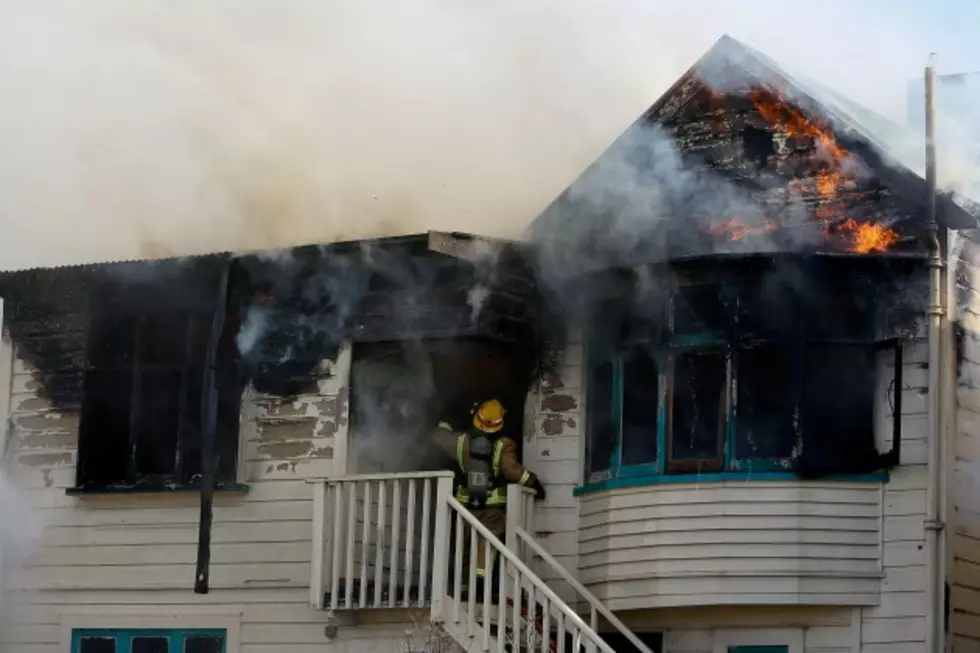
Twelve Home Fires Last Weekend, Do You Have A Plan?
Over the past weekend, the Red Cross responded to twelve home fires in our region and it’s important to remind people of how quickly fires can happen, and how critical it is to have a plan.
Betsy Pratt, Regional Executive Director of the American Red Cross, is urging everyone to become aware of what they should do to prevent a fire in their home. Fortunately, most home fires can be prevented. Homeowners should avoid using items that can be hazardous such as candles and space heaters – common items that can turn dangerous very quickly.
To help avoid a fire in the home, there are steps someone can take now according to Pratt:
- Install smoke alarms on every level of the home and outside each sleeping area, placing them on the ceiling or high on the wall.
- Put a smoke alarm inside every bedroom.
- Test the smoke alarms regularly. Install new batteries every year.
- Get new smoke alarms every ten years.
- Keep items that can catch on fire at least three feet away from anything that gets hot, such as sources of heat or stoves.
- Never smoke in bed.
- Turn portable heaters off when leaving the room or going to sleep.
According to Pratt, you may only have two minutes to escape when a fire occurs, but most people mistakenly believe they have more than twice as long to get out. The Red Cross recommends that households develop a fire escape plan and practice it at least twice a year with everyone who lives in the home. People should know two ways to escape from every room and designate a safe place to meet outside the home in case of a fire. Discuss the plan with everyone in the household and practice until every member of your household – including children – can escape in less than two minutes.
A fire in the home is the biggest disaster threat to American families, more of a risk than floods, hurricanes or tornadoes. The latest information is showing that the American Red Cross is responding to a disaster every eight minutes and nearly all of these are home fires. Nationwide, seven times a day someone in this country dies in a fire. For more Red Cross fire safety and preparedness information, visit redcross.org/homefires.
More From 100.9 The Eagle, The Tri-States' Classic Rock Station









